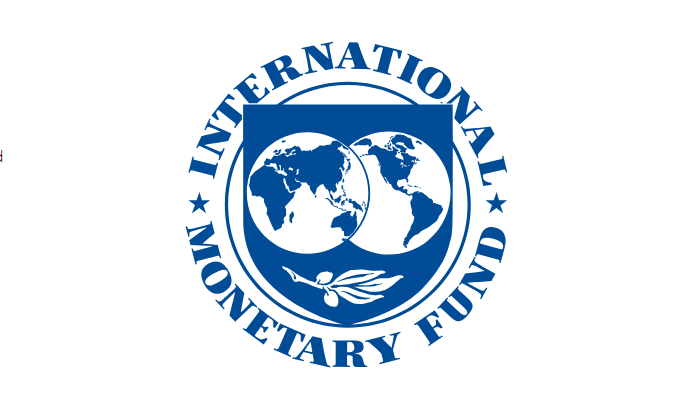BAKU, Azerbaijan, April 29. Azerbaijan’s banking system appears resilient to severe adverse shocks, Trend reports citing the International Monetary Fund (IMF).
“Azerbaijan’s economy has recovered from two downturns driven by a global oil price collapse in 2015 and COVID-19 in 2020. Over the last decade, foreign exchange reserves have doubled, and significant reforms have been carried out to reinvigorate the bank-dominated financial sector. Banks have incorporated lessons from the 2015-16 economic crisis, resulting in increased capital adequacy and a significant decline in net open position in foreign exchange. Azerbaijan’s banking system appears resilient to severe adverse shocks, though there are some pockets of weaknesses. Bank solvency stress tests reveal that the banking system remains adequately capitalized under both the baseline and adverse scenarios, though some banks with thin capital buffers could face solvency pressures in the adverse scenario,” reads the latest report released by the international financial institution.
IMF analysts note that in a hypothetical, extreme yet plausible adverse scenario, the systemwide total regulatory capital ratio could decline by 4.5 percentage points, with credit risk being the main driver of losses.
“Eight banks out of 23, which collectively account for 35 percent of total banking sector assets, could breach the hurdle rates. However, their capital shortfalls are contained at 0.5 percent of GDP. Similarly, banking sector liquidity buffers appear to be sufficient to withstand a severe adverse shock, though some banks appear vulnerable. Bank liquidity stress tests indicate that while the overall banking sector has sufficient capacity to withstand severe liquidity shocks, certain banks would need support,” reads the report.
IMF notes that commendable progress has been achieved since the 2015 FSAP, especially on banking oversight, macroprudential policies, and financial safety net.
“The CBA made important efforts to implement the Basel Committee on Banking Supervision’s (BCBS) international standards adjusted for domestic settings, and strengthened prudential requirements, corporate governance, and risk management standards. In accordance with the Financial Sector Development Strategy (FSDS) 2024- 26, the CBA is implementing the Basel III prudential standards, and has developed a new Risk-based Supervision (RBS) model based on international best practices with the first pilot starting in early 2025. The institutional framework and instruments for macroprudential policy have been considerably enhanced. The lender of last resort (LoLR) function was strengthened. Moreover, the legal, policy, and procedural framework for bank resolution were overhauled,” the report says.







